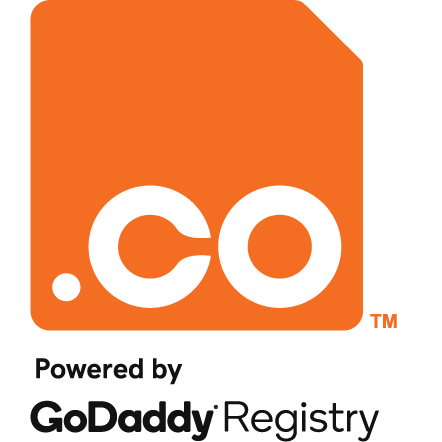Thinking about trying out Pay Per Click Advertising? Depending on the market you’re entering, paid advertising may or may not be for you. You should explore all of your options before making the decision to pay for traffic. Before you dive right in, there are a few things to consider.
Have you addressed other free or inexpensive channels first? Think about methods such as affiliate advertising, blogging, press releases and SEO—all of these are inexpensive or free ways to increase your traffic. If you are a brick and mortar business, tools like Google Places, Yahoo Local or even Yelp can help you drive free traffic to your site. Always try to take advantage of your organic resources first.
75% of all paid advertising campaigns fail so, doing all your research and being 100% prepared is crucial in order to succeed. There are many tools and resources available that can help you determine how competitive your market is. Google’s Traffic estimator, keyword planner, and keyword tool are a great start. These tools will help find keywords, rate how competitive your terms are, give you suggested bid values, and even help you break down your campaign in separate Ad Groups.
When thinking about entering a market, always make sure to look at your competitors and see what they are doing. Tools like Ispionage, Spyful, and SEMrush will help give you an idea of what kind of keywords your competitors are bidding and spending on. You should also always analyze your competitor’s ads and landing pages. Find your most successful competitor and try to mimic and improve on what they are doing.
So…you’ve researched your market and analyzed your competitors. What’s next?
Now is the time to define your goals. What is the goal of your website? Are you looking to drive more traffic? Once the user is there, what do you want them to do? Are you looking to inform the user, drive lead generation, have the user make a call, make a purchase online? Your answers to those key questions will determine how to design and optimize your website.
If you said yes to all the questions above then you must come up with multiple strategies around how you are going to direct specific kinds of traffic to unique landing pages. So, take a few minutes and think about what you really want to do with your site.
Once you’ve decided what your ultimate goals are, next it’s time to think about measuring your success. The definition of “conversion” may differ depending on the type of site you operate and what your goals are. For example if your goal is to receive calls, then adding call tracking numbers can help you determine the success of your campaign. Another example is if your goal is lead generation or sales, then tracking tags on your “Thank You Page” after your sale (or perhaps on the contact form) will give you very accurate data.
If your paid advertising medium can’t provide you with the tracking that you would like, you can also link your paid advertising campaigns to Google Analytics. This is a very powerful tool that can help you set up different goals for different circumstances.
Now that you have researched your market, examined at your competitors, defined your goals and understand what your conversions are going to be – you can have a sense of how much of a budget you need in order to start a paid marketing campaign. Remember, when first starting a Search Engine Marketing campaign, set your Cost Per Acquisition higher until you can get enough sample data to determine what works and what doesn’t.
Be sure to keep an eye out for future PPC blog post on budgeting, how to build successful campaigns, different types of bidding structures, and much more! Also, check out our Membership Program for a variety of perks designed to help your business succeed.




